Top Four Tips for Preparing for a Negotiation
Four tips for successful negotiations: know your interests, have a BATNA, consider the other party, and consider making the first offer.
Negotiating is a process which people often go into blindly without adequate preparation. However, it is crucial that you do all that you can beforehand to ensure you get the most out of a negotiation. Regardless of what the negotiation is about or who you are negotiating with, these 4 tips can help you be better prepared and ultimately get a better negotiated outcome.
- Know what your interests are…and rank them: while you may think you know what you want to get out of the negotiation in a general sense, it is not until you carefully consider all your specific interests that you can properly work to achieve them. Say you are negotiating with your employer about receiving a raise. You know that you want a higher salary, but what about all your other associated interests; a change in title, a better car spot, a secretary or the corner office you always wanted. It is helpful to make a list of all these various interests and rank them. That way you will know which of these interests you are most willing to compromise on and which you should be firm on. Knowing your interests also allows you to take a multi-faceted approach to your negotiation, bringing up issues you may otherwise have neglected to discuss: “Ok, I’m glad we agree on my increased salary figure; now let’s talk about where my new office will be”.
- Know what your BATNA is: Your BATNA (Best Alternative to a Negotiated Agreement) is the most advantageous alternative course of you can take if the negotiation fails and you cannot reach an agreement with the other side. Your BATNA provides you with a reservation point; a worst-case scenario in the negotiation, being a point which is the minimum you will accept at the negotiation. Having a clearly defined BATNA allows you to know whether you should accept the deal and helps ensure you do not agree to anything that would make you worse off than any alternatives you may have. If you have a job offer for $80,000 per year from a similar firm and with similar work conditions, that may become your BATNA. You then know that no matter what happens in your negotiations with your current employer, you will not accept any offer for lower than $80,000. Of course, this does not mean you cannot try to achieve a better outcome than your BATNA, rather it merely ensures you do not accept a worse one.
- Do the same for the other party: While it is important to know your own interests and BATNA it is equally important to try and gauge the other party’s interests and alternatives. It is difficult enough to try and pinpoint your own interests and BATNA and trying to do the same for the other party can be very challenging. Try to put yourself in their shoes and think about what is important to them and how they may be approaching the negotiation. Knowing this information will give you greater confidence in the way you go about the negotiation. If you know you have become indispensable in your current position and you will be very difficult for your employer to replace, you can be more confident in asking for a higher raise and playing hardball if at first you do not receive what you are after.
- Finally, consider whether to make the first offer: People are often reluctant to make the first offer. This may be due to the belief that doing so will be perceived as a sign of weakness, reluctance to give away too much about your position or just general nervousness. However, despite all this, the consensus is that it is usually best to make the first offer, especially in light of the anchoring principle. According to this principle, the first offer made in a negotiation establishes a powerful, subconscious psychological anchor that acts as a gravitational force pulling the other party towards your offer. The first offer creates a cognitive bias in the mind of the other party, resulting in them relying too heavily on the first piece of information they have, namely your first offer. Research shows there is a strong correlation between the opening offer and the final negotiated outcome. However, there are still risks associated with making the first offer, particularly if you do not know much about the other party’s position and what they are prepared to offer. For example, you may make a first offer of $100,000 per year, not knowing that your employer would have started off the negotiations by offering you $120,000 per year. Pleasantly surprised, your employer counters with an offer for $60,000 and you end up settling at $80,000 when you could have received somewhere around the $140,000 mark had you let your employer make the first offer. Once you have completed tip number 3 and you know more about your employer’s position you will be better placed to decide whether to make the first offer and what exactly that offer should be.
By following the above tips, you can ensure you are properly prepared for your negotiation and in the best position to achieve a positive outcome.
Follow Us
Subscribe
Enter your email to sign up to our newsletter
Recent Posts
Archives
Categories
You may also be interested in
Client Testimonials
Please call us to arrange an initial consultation
Our expertise in our respective fields is widely acknowledged. Drawing upon our practical experience, we consistently produce the positive and reliable results our clients expect. We would love to stay connected with you and keep you up to date with all relevant legal issues and expertise.
Subscribe to our email updates by entering your email below, or simply message or call us on +61 3 9212 0238




